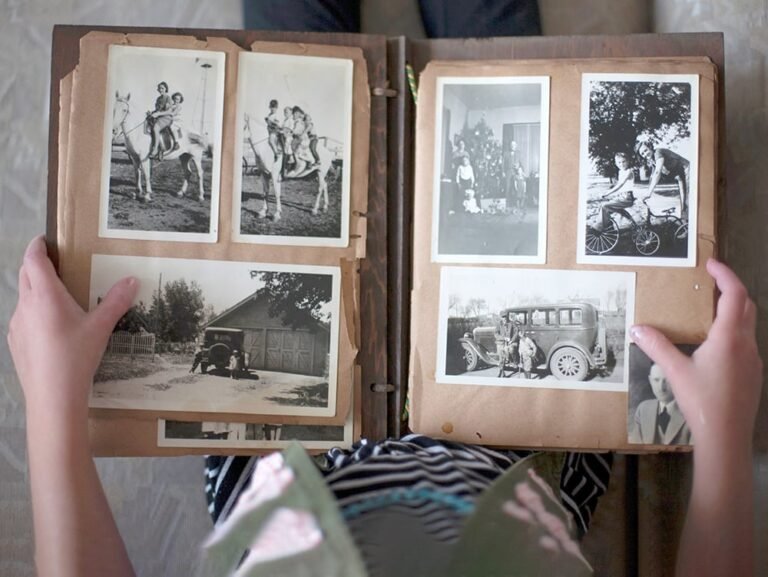Grammar: Passé Composé reflexive
Reflexive verbs (called “verbes pronominaux” in French) are always conjugated with être in the Passé Composé.
| Se réveiller | Meaning |
| je me suis réveillé | I woke up, have woken up |
| tu t’es réveillé | you woke up, have woken up |
| il s’est réveillé | he woke up, has woken up |
| nous nous sommes réveillés | we woke up, have woken up |
| vous vous êtes réveillés | you woke up, have woken up |
| ils se sont réveillés | they woke up, have woken up |
Agreement in number & gender
Their past participles must always agree in number and gender with the reflexive pronoun’s number and gender.
| Example | Meaning | Gender/Number |
| Je me suis demandé | I wondered, have wondered | masculine/singular |
| Elle s’est couchée | She went to bed | feminine/singular |
| Vous vous êtes bien amusés | You enjoyed yourselves, you have enjoyed yourselves | masculine/plural |
| Elles se sont disputées | They had an argument | feminine/plural |
| Il s’est rasé | He shaved, has shaved | masculine/singular |
| Tu t’es dépêchée | You hurried up | feminine/singular |
Negative
To make a reflexive verb negative in the Passé Composé, correct positioning is important. The “ne” is placed before the reflexive pronoun and “‘pas” is placed after the conjugated part of être.
| Example | Meaning | Gender/Number |
| Je ne me suis pas demandé | I didn’t wonder, haven’t wondered | masculine/singular |
| Elle ne s’est pas couchée | She didn’t go to bed, hasn’t gone to bed | feminine/singular |
| Vous ne vous êtes pas bien amusés | You didn’t enjoy yourselves, haven’t enjoyed yourselves | masculine/plural |
| Elles ne se sont pas disputées | They didn’t have an argument, haven’t argued | feminine/plural |
| Il ne s’est pas rasé | He didn’t shave, hasn’t shaved | masculine/singular |
| Tu ne t’es pas dépêchée | You didn’t hurry up, haven’t hurried up | feminine/singular |






